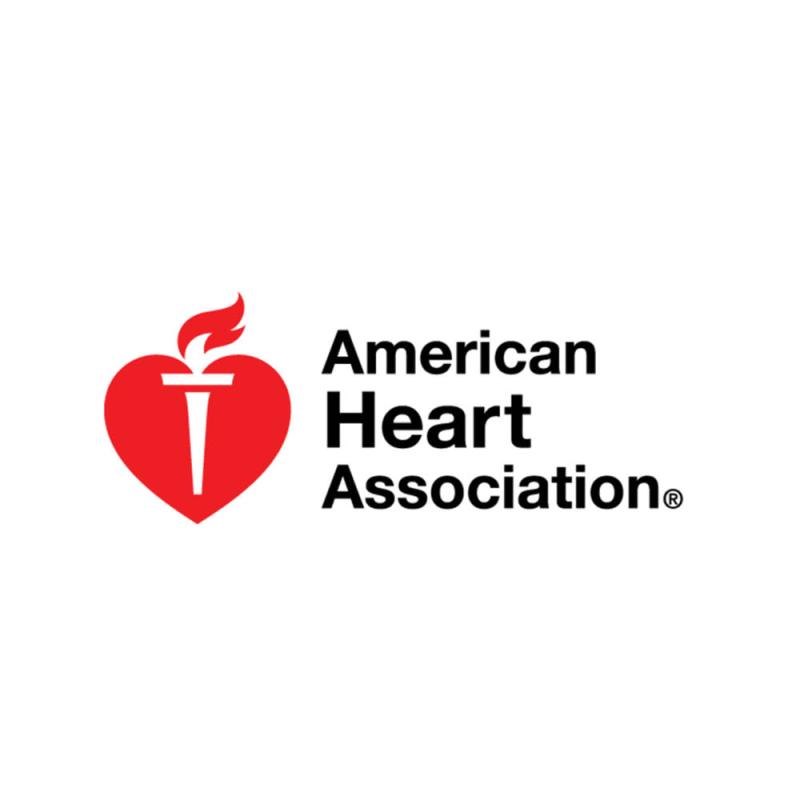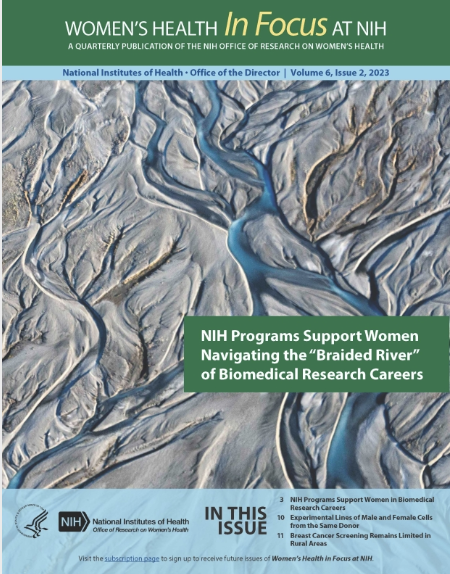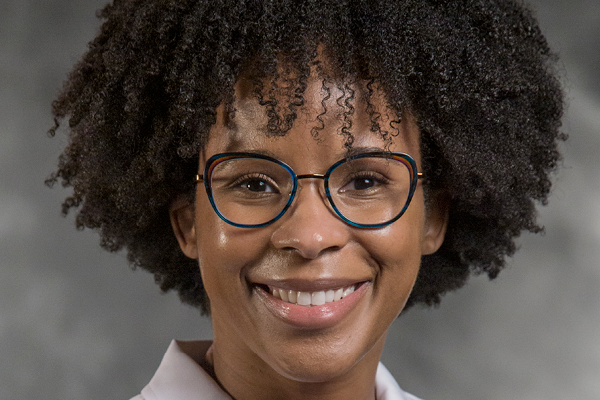Overview
Scientific Focus
Under the leadership of Dr. Jamila Minga, the Minga Right Hemisphere Communication Lab is dedicated to understanding the communication impairments, particularly those concerning language production, that can occur following acquired damage to the right hemisphere after stroke. Dr. Minga co-developed the RHDBank database and protocol as a foundation for increasing scientific inquiry and understanding of language production after a right hemisphere stroke. We are dedicated to improving knowledge about specific hemispheric contributions to language as a basis for engineering population specific diagnostic and treatment approaches that will improve the quality of life of survivors, their loved ones, and caregivers. We are committed to accomplishing these goals with the support of survivors, community and educational partners.
Our goal is to engage in research that will:
- Identify reliable patterns of communication during structured and unstructured language production tasks for improved diagnostic outcomes.
- Contribute to the discovery and understanding of brain-behavior relationships for language production using neuroimaging.
- Facilitate client-centered and driven discussions with survivors of right hemisphere stroke community (survivors, family, friends, and support entities).
Selected Contributions
- RHDBank development (rhd.talkbank.org); the largest repository of language samples for the study of discourse after right hemisphere stroke
- Identified question-asking as an area of deficit after right hemisphere stroke
- Piloted treatment focused on enhancing awareness of communication challenges after a right hemisphere stroke
Lab Members
2022-2025 Clinical Research Coordinator
- LaToria Jallah, M.Ed, CCC-SLP, CBIS
2019-2021 Clinical Research Coordinator
- Marcia Rodriguez M.SP., CCC-SLP
Former Speech-Language Pathology Student Research Assistants
- Maria Herrle, MS
- Stephany Perez-Sanchez, Duke Undergraduate
- Nelya Kirby, Duke Undergraduate
- Giselle "Gigi" Dunn, BS
- Derrick Davis, NCCU Graduate Student
- Kyrsten Legrant, NCCU Graduate Student
- Alexandra "Lexie" Ortiz, Undergraduate
- Jada Elleby, MS
- Mallory Parke, MS
- Megan Hollembaek, MS
- Emily McGinn MS
- Joyah Morris MS
- Kayla Valentine, MS
- Taravia McLawhorn, MS
- Jennifer Nelthropp, CCC-SLP
- Julia Black, CCC-SLP
- Kaitlynne Julie Bryan, CCC-SLP
- Whitney Hewitt, CCC-SLP
- Juliet Bourgeois-Berwyn, CCC-SLP
- Olivia DeStefano, MS
- Stephanie Furimsky, CCC-SLP
- Samantha Tyson, CCC-SLP
- Leilani Burgess, CCC-SLP
- Sarah Stidham, CCC-SLP
- Ashton Wainright, CCC-SLP
- Frank Brown, CCC-SLP
- Traci Bright, CCC-SLP
- Sarah Baker, MS
- Sarah Allen, MS
- Zhaojing Liu, MS
News
Jamila Minga, Ph.D., CCC-SLP awarded funding by Fund to Retain Clinical Scientists supported by American Heart Association (AHA)
Communication Sciences & Disorders Alumna Debuts Movie on Understudied Brain Disorder
Dr. Jamila Minga's Interview in Women’s Health In Focus at NIH
SCIENMAG: A person’s race influences question asking as much as their stroke history
Resources
Brochure
Help Right Brain Stroke Survivors with Apragmatism (PDF)
RHD Hidden Diagnosis Documentary
For those wishing to share "RHD: Hidden Diagnosis" as a resource, please use the PBS link and cite the documentary as follows:
Minga J, Jallah L, Pearce M. (Director). (2024, July 17). RHD: Hidden Diagnosis [Film]. PBS Distributions.
Note: The documentary may not be hosted or embedded on external webpages as a direct viewing link. Always redirect viewers to the official PBS link.
Why Do You Study That
|
Right Hemisphere Strokes | Why Do You Study That? Jamila Minga, Ph.D. studies right hemisphere strokes and their resulting brain disorders. Right hemisphere strokes differ from the more widely known left hemisphere strokes in that the survivors are still capable of speech but have trouble with pragmatic language (the ability to know what to say, when to say it, and how to say it). |
Minga’s Minions
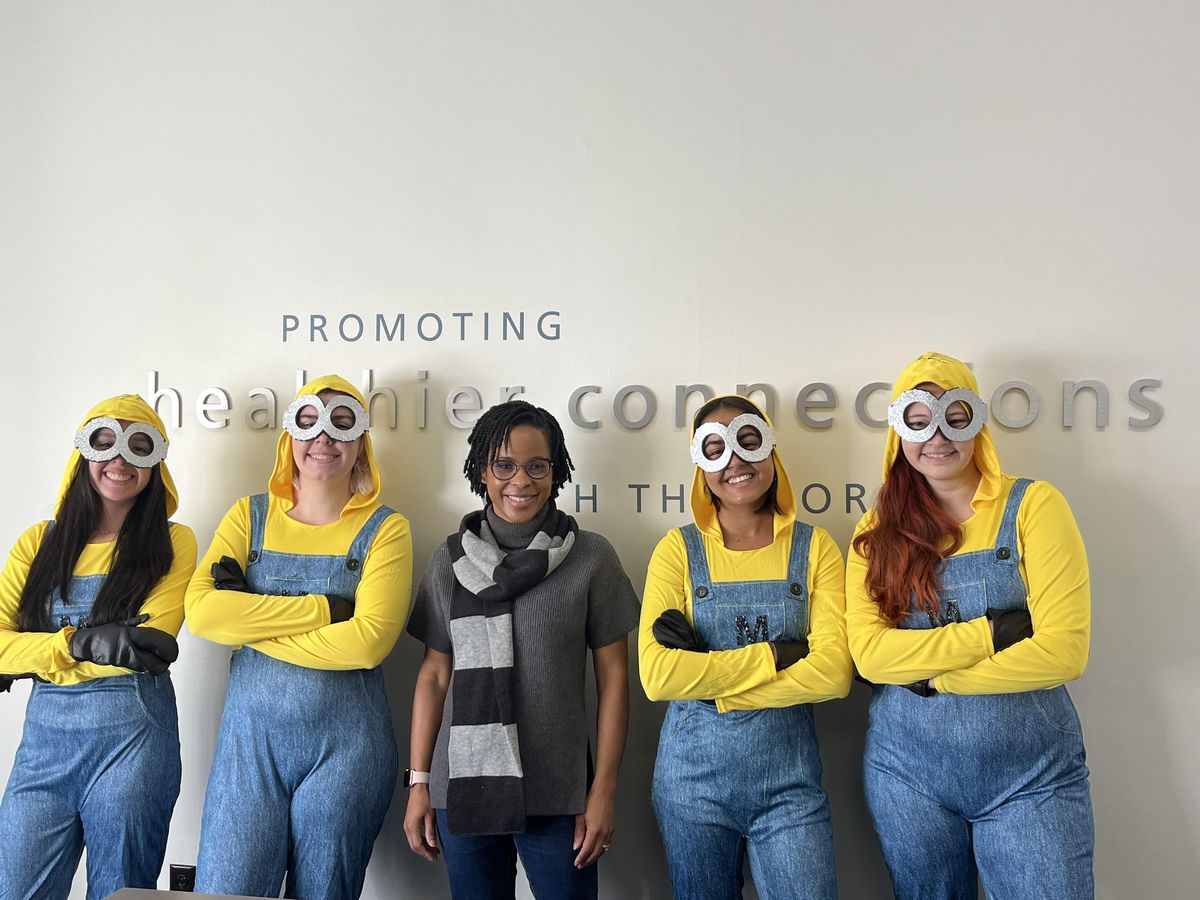
Join Our Lab and Become One of Minga’s Minions!
Are you ready to embark on a journey of scientific mischief and discovery of right hemisphere communication? Talented individuals with a passion for innovation are welcome to complete our form to join our extraordinary lab team! When we have an opening, we will contact you.
Complete this form and unlock the door to Minionhood
Don't miss your chance to be a part of groundbreaking, cutting-edge research and maybe a few banana-related shenanigans along the way. We're not just looking for team members but assembling a league of extraordinary minions! Join us, and let the adventure begin!
Hidden Diagnosis Documentary
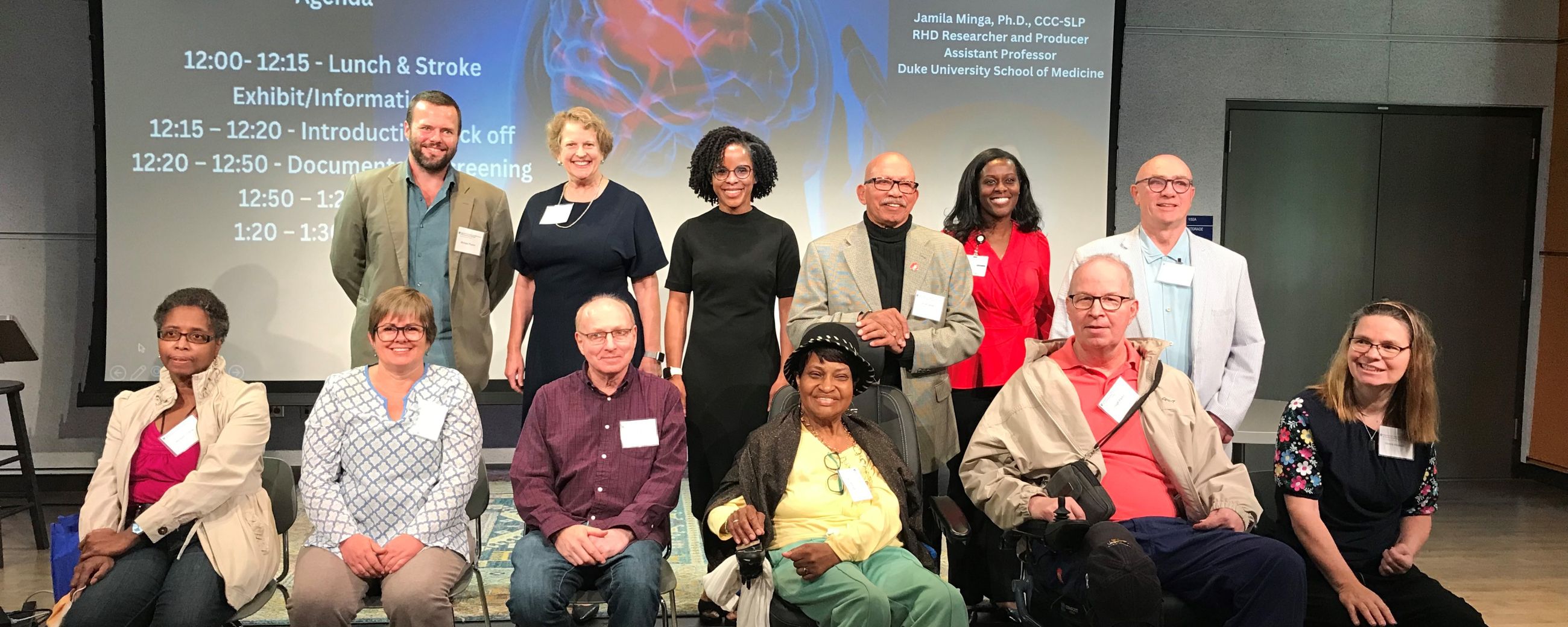
"RHD: Hidden Diagnosis” is a compelling documentary produced by Dr. Jamila Minga Ph.D, CCC-SLP. The film delves into the profound impact of right hemisphere brain damage (RHD) on stroke survivors and their families. It provides an intimate look at the challenges and triumphs of these survivors.
The narrative also follows a dedicated group of graduate students from North Carolina Central University’s (NCCU) Speech-Language Pathology program. Amidst the Covid Pandemic, these students adapt and learn to facilitate an online communication treatment group for RHD stroke survivors.
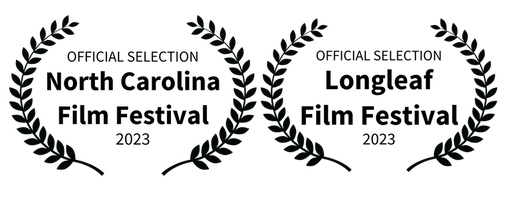
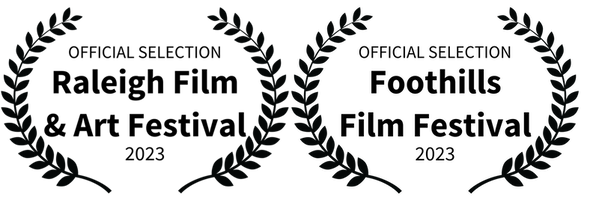
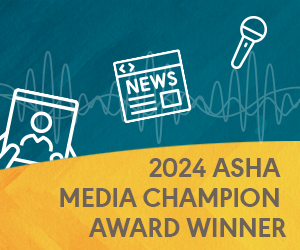
Now Available on PBS
In 2024, the documentary reached a wider audience through its public release on The Public Broadcasting Service (PBS).
Credits
Dr. Jamila Minga, La'Toria Jallah, and Michael Pearce co-produced the film. As the director and a professor of mass communication at NCCU, Michael Pearce’s creative direction and storytelling bring a unique perspective to this must-watch documentary.
Resource Usage
For those wishing to share "RHD: Hidden Diagnosis" as a resource, please use the PBS link and cite the documentary as follows:
Minga J, Jallah L, Pearce M. (Director). (2024, July 17). RHD: Hidden Diagnosis [Film]. PBS Distributions.
Note: The documentary may not be hosted or embedded on external webpages as a direct viewing link. Always redirect viewers to the official PBS link.
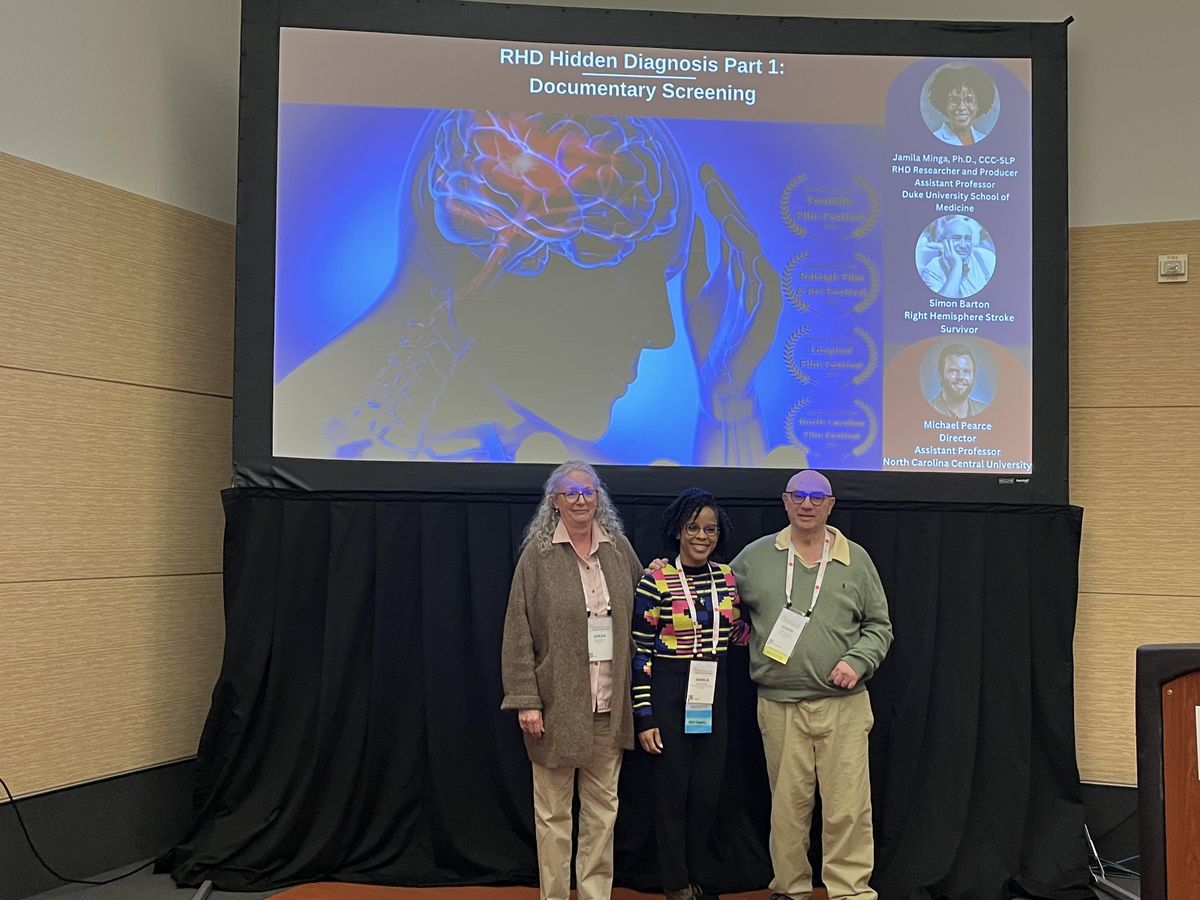
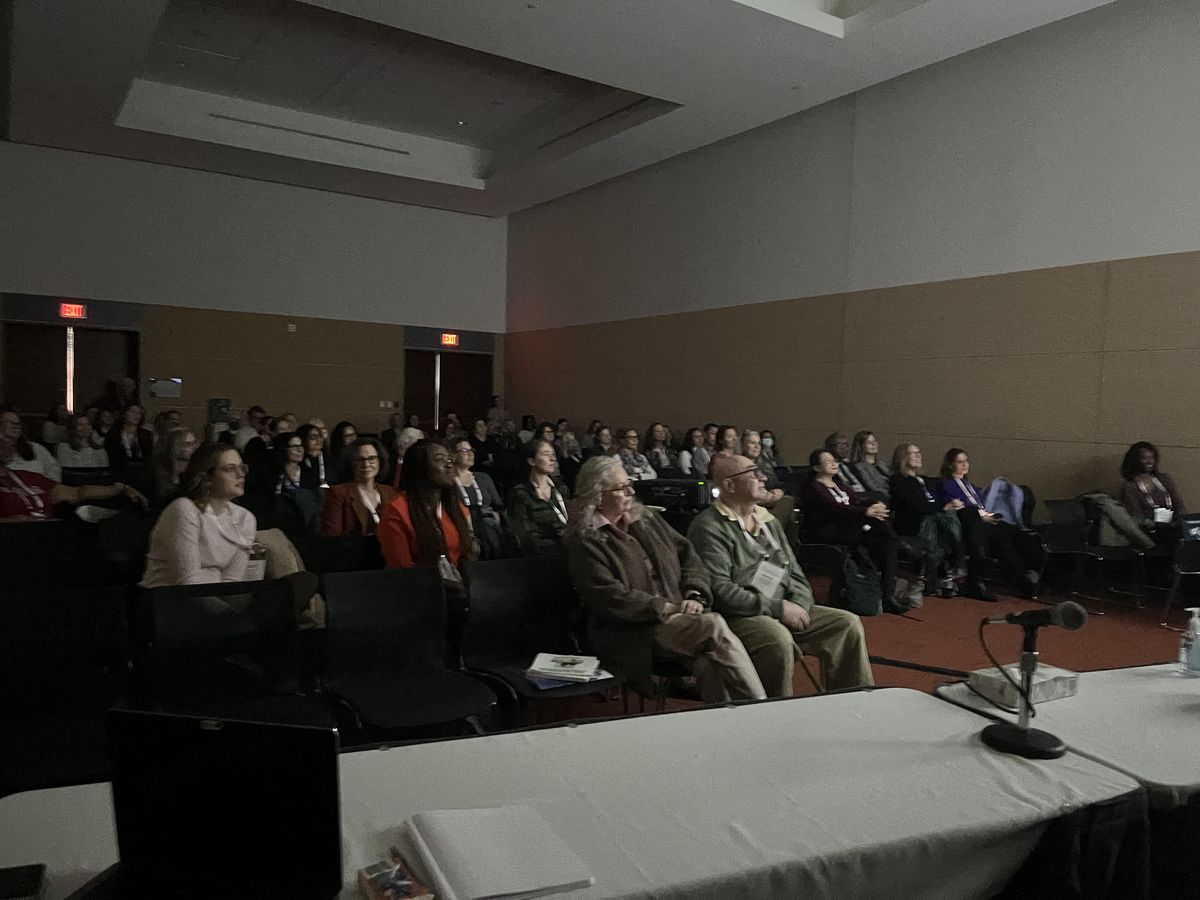
Presentation Highlights
Research Presentations
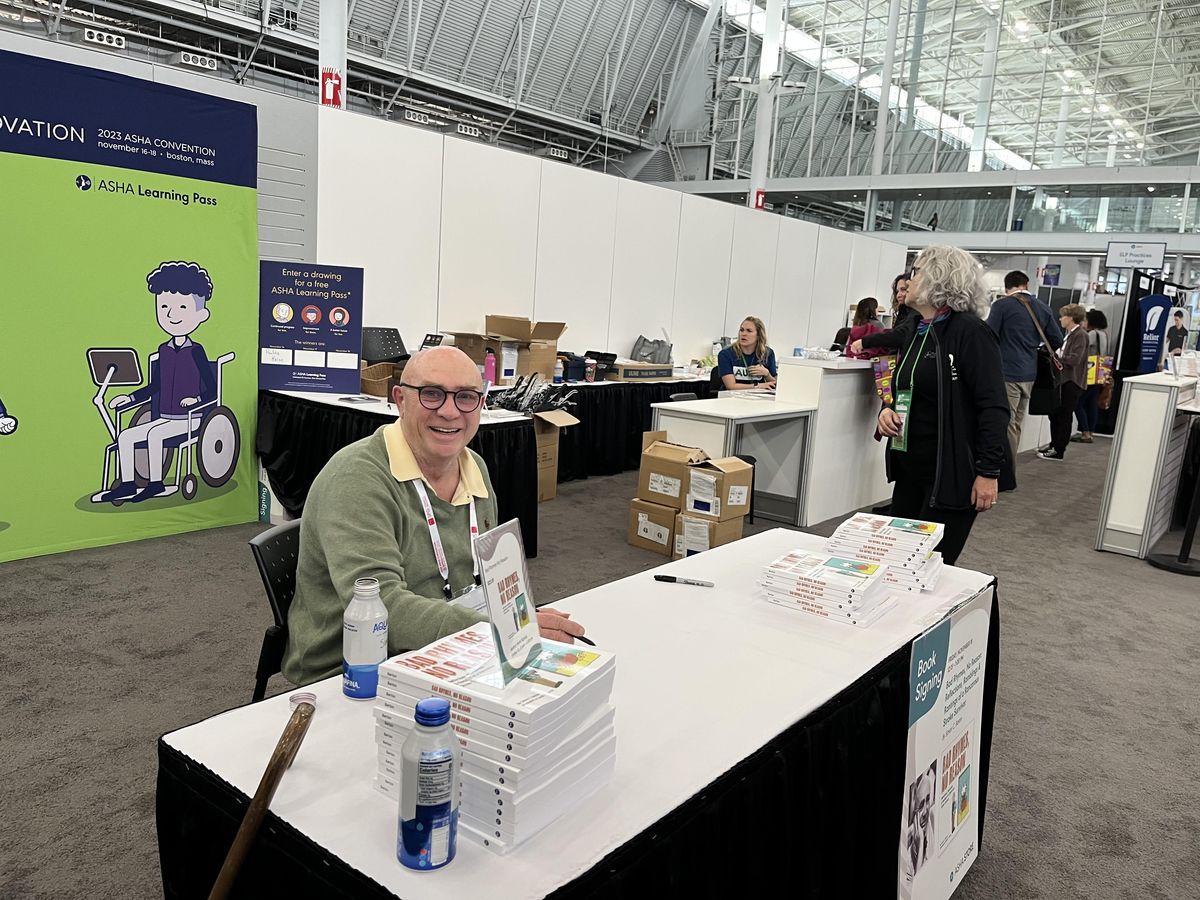
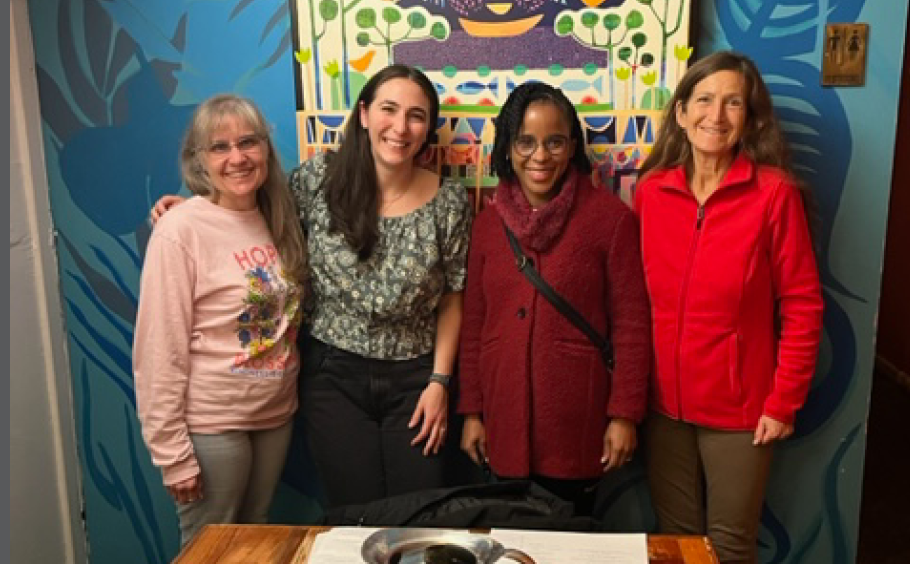
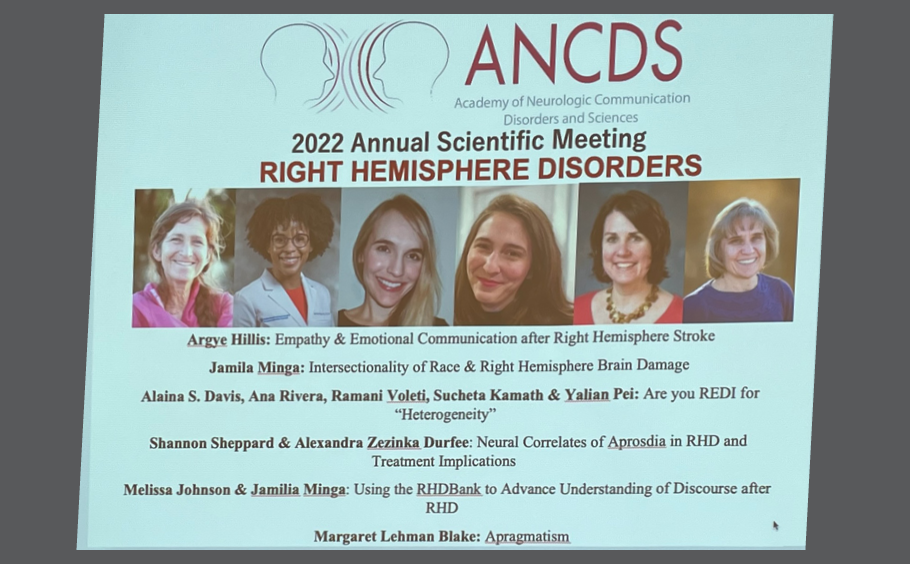
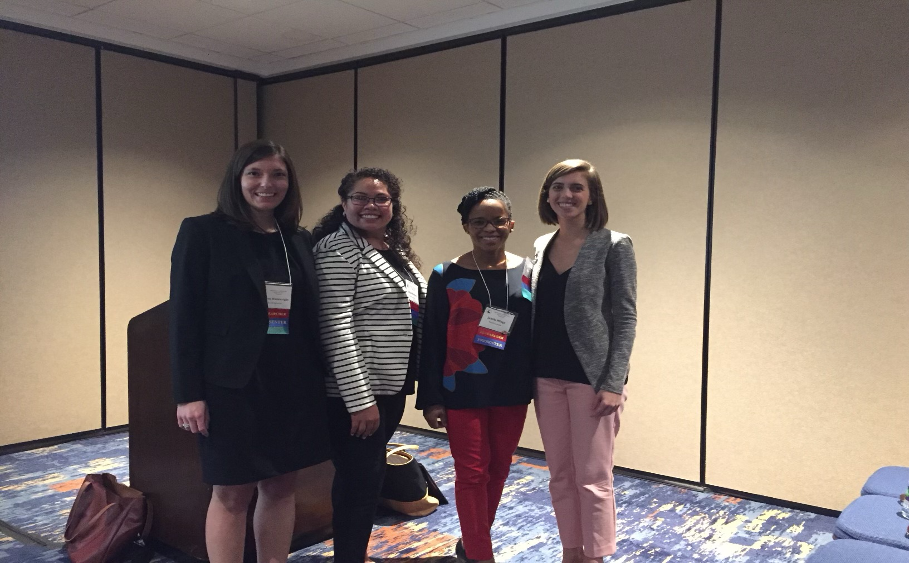
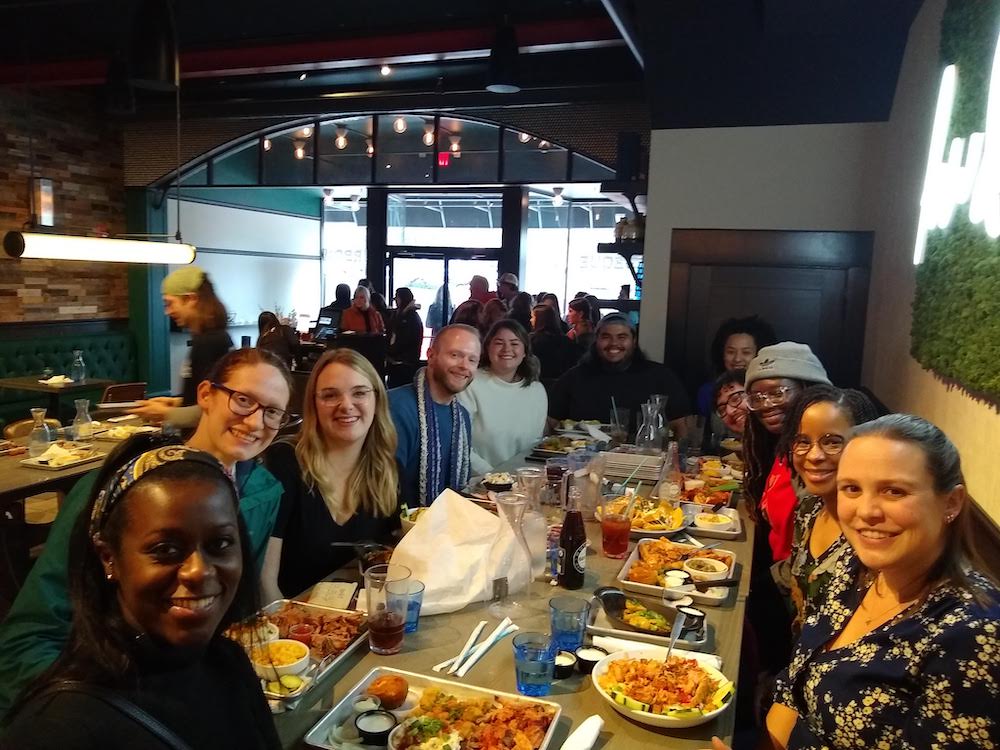
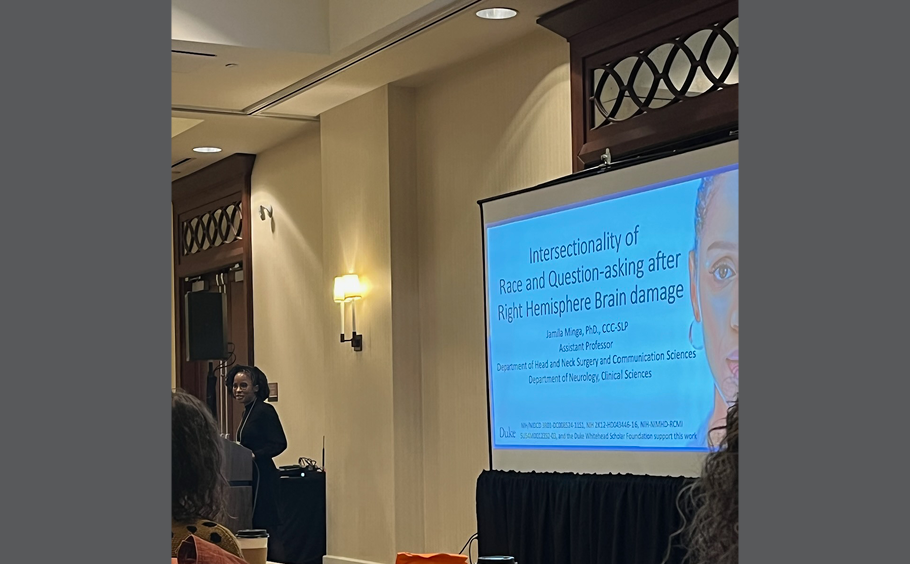
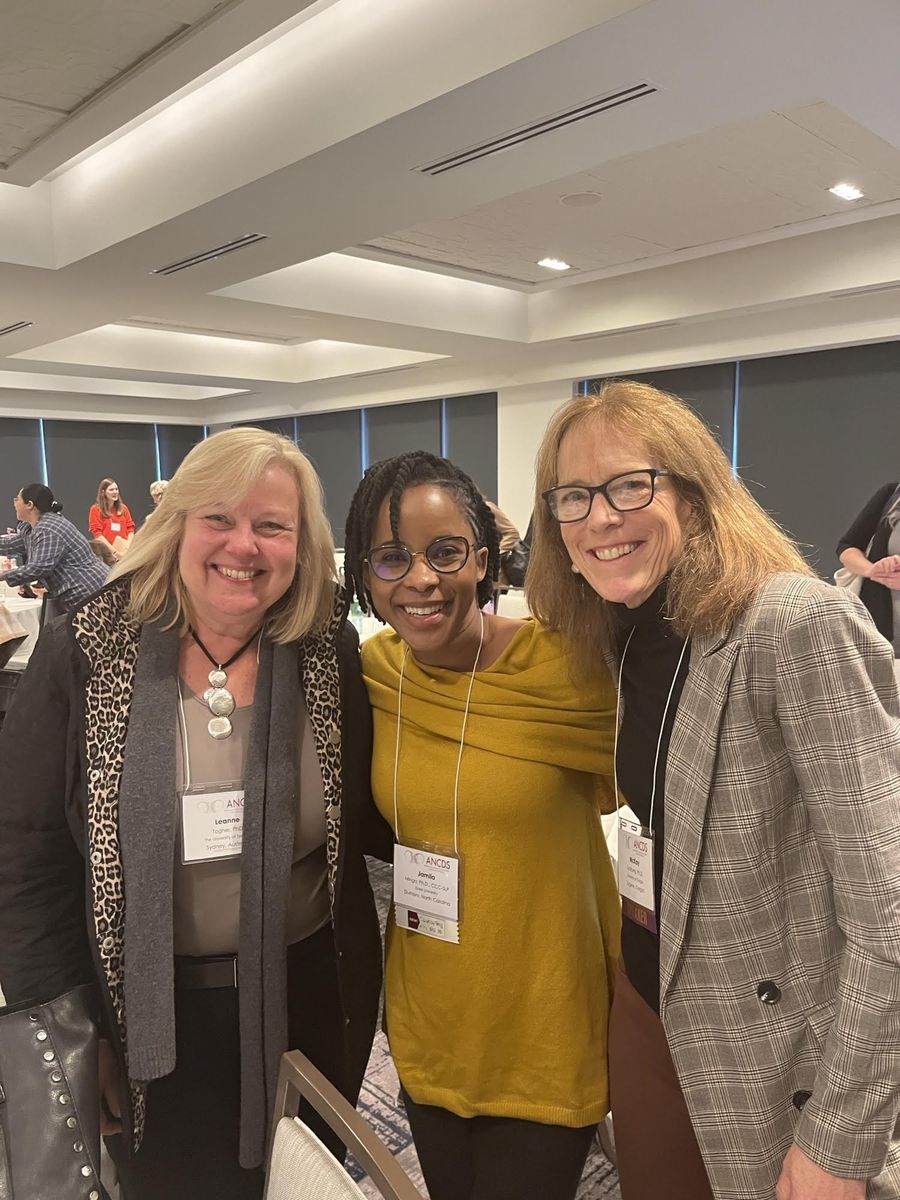
Minga and Minions moments
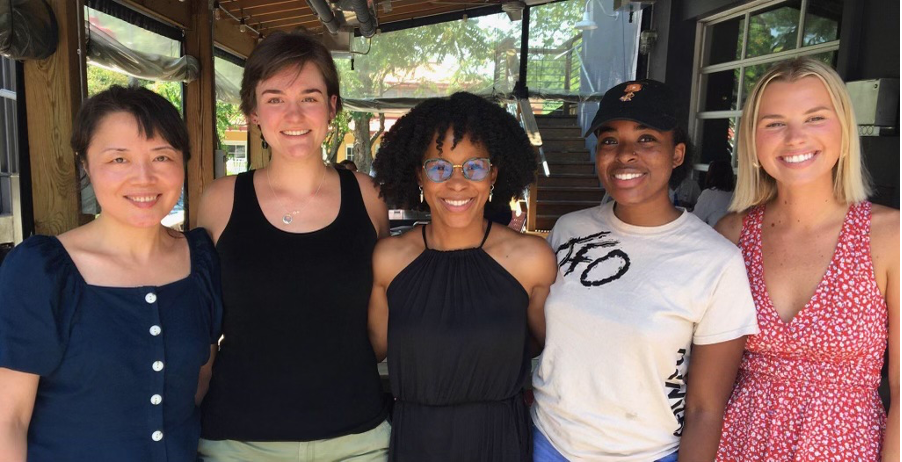
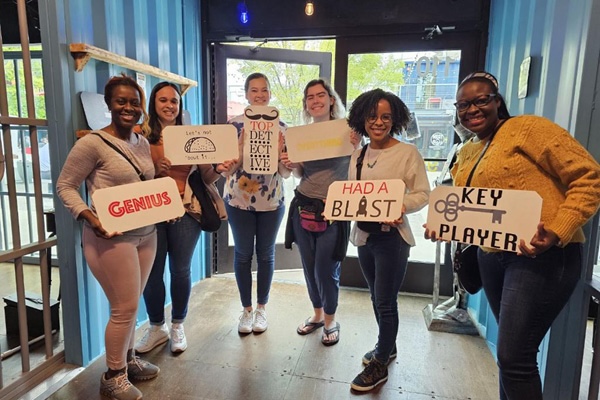
RHD Stroke Self-Renewal Victories
Our lab celebrates the amazing achievements of stroke survivors who are living with right-hemisphere damage. Every accomplishment—big or small—is a powerful reminder of their strength, hard work, and progress.
Here are a few of the wonderful milestones reached:
- Wrote and published two books
- Helped record a song and shared their voice with others
- Got back behind the wheel and started driving again
- Returned to part-time work after completing rehabilitation
- Learned new ways to stay focused and remember important things
- Reconnected with family and friends by improving communication
- Discovered a love for painting and making jewelry as a form of self-expression
- Spoke up and helped improve resources for other stroke survivors
- Felt more confident in social settings and even with public speaking
- Learned to use a smartphone and computer for everyday life
These moments show survivors' incredible resilience and determination on their path to healing and independence. We are so proud of every step forward!
Contact
The Minga Right Hemisphere Communication (MRHC) Lab can be contacted via email at mingarhclab@duke.edu.
